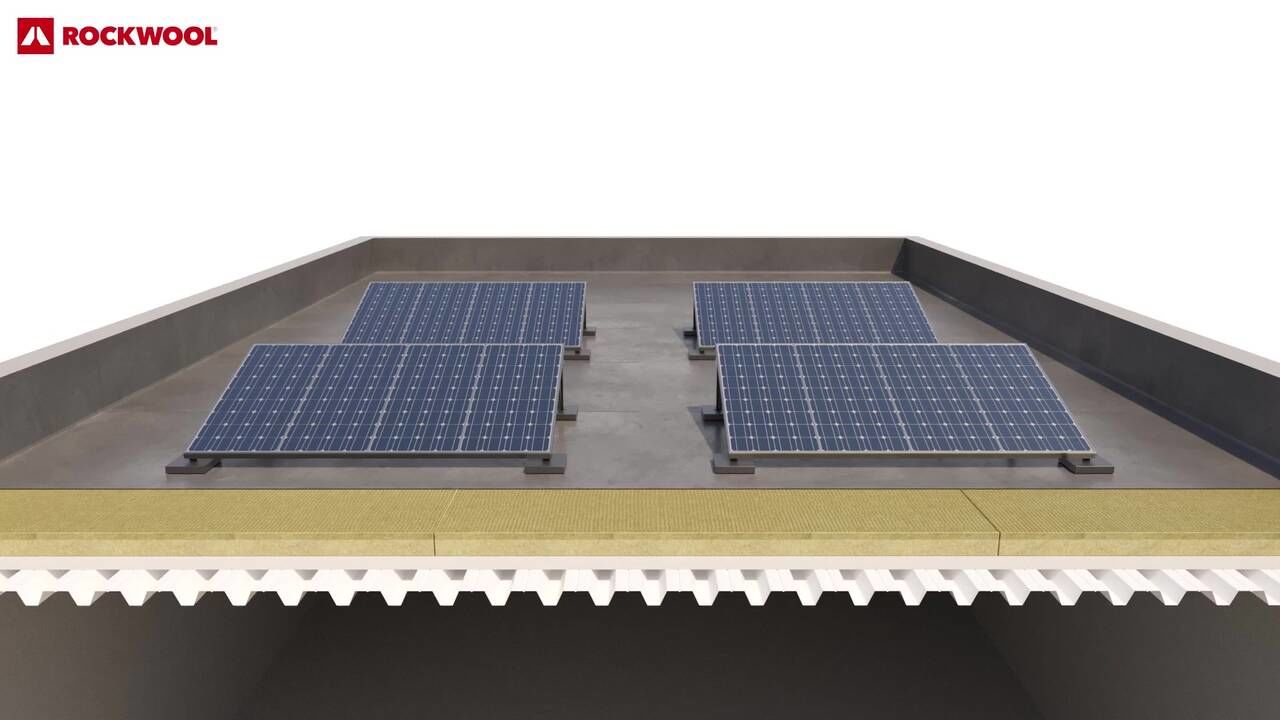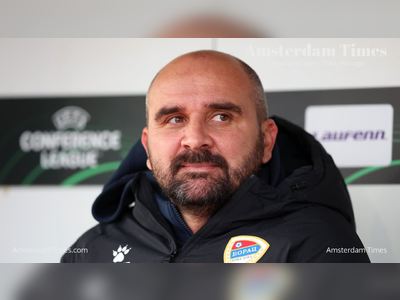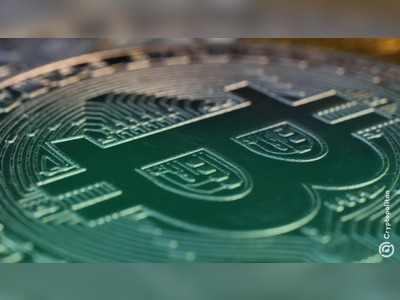
Homeowners Shift Investment Focus from Solar Panels to Insulation in the Netherlands
With the impending cancellation of the net metering scheme and reduction in subsidies, Dutch homeowners increasingly prioritize insulation over solar panel installations.
In the Netherlands, a notable trend among homeowners has emerged, with many opting to invest in insulation rather than solar panels.
This shift is largely attributed to the impending cancellation of the net metering scheme, which has provided financial incentives for solar energy installations, as well as a reduction in available subsidies for renewable energy projects.
The net metering scheme, which has allowed homeowners to offset their electricity costs by selling excess energy generated from solar panels back to the grid, is set to be phased out.
As a result, potential solar panel buyers are reconsidering the financial viability of such investments.
At the same time, the demand for energy-efficient windows and insulation materials has surged, as homeowners seek to minimize their energy bills through better building performance.
These investments in insulation are perceived as a more immediate and cost-effective strategy for enhancing energy efficiency in homes.
The shift in investment preferences reflects broader trends in energy consumption and sustainability, with increased emphasis on reducing energy use rather than solely focusing on energy generation.
This change could have significant implications for the Netherlands' renewable energy targets and the overall landscape of residential energy efficiency efforts.
As energy prices continue to fluctuate and regulations evolve, the decisions made by homeowners in regard to energy investments are likely to play a crucial role in shaping national energy strategies moving forward.
This shift is largely attributed to the impending cancellation of the net metering scheme, which has provided financial incentives for solar energy installations, as well as a reduction in available subsidies for renewable energy projects.
The net metering scheme, which has allowed homeowners to offset their electricity costs by selling excess energy generated from solar panels back to the grid, is set to be phased out.
As a result, potential solar panel buyers are reconsidering the financial viability of such investments.
At the same time, the demand for energy-efficient windows and insulation materials has surged, as homeowners seek to minimize their energy bills through better building performance.
These investments in insulation are perceived as a more immediate and cost-effective strategy for enhancing energy efficiency in homes.
The shift in investment preferences reflects broader trends in energy consumption and sustainability, with increased emphasis on reducing energy use rather than solely focusing on energy generation.
This change could have significant implications for the Netherlands' renewable energy targets and the overall landscape of residential energy efficiency efforts.
As energy prices continue to fluctuate and regulations evolve, the decisions made by homeowners in regard to energy investments are likely to play a crucial role in shaping national energy strategies moving forward.











